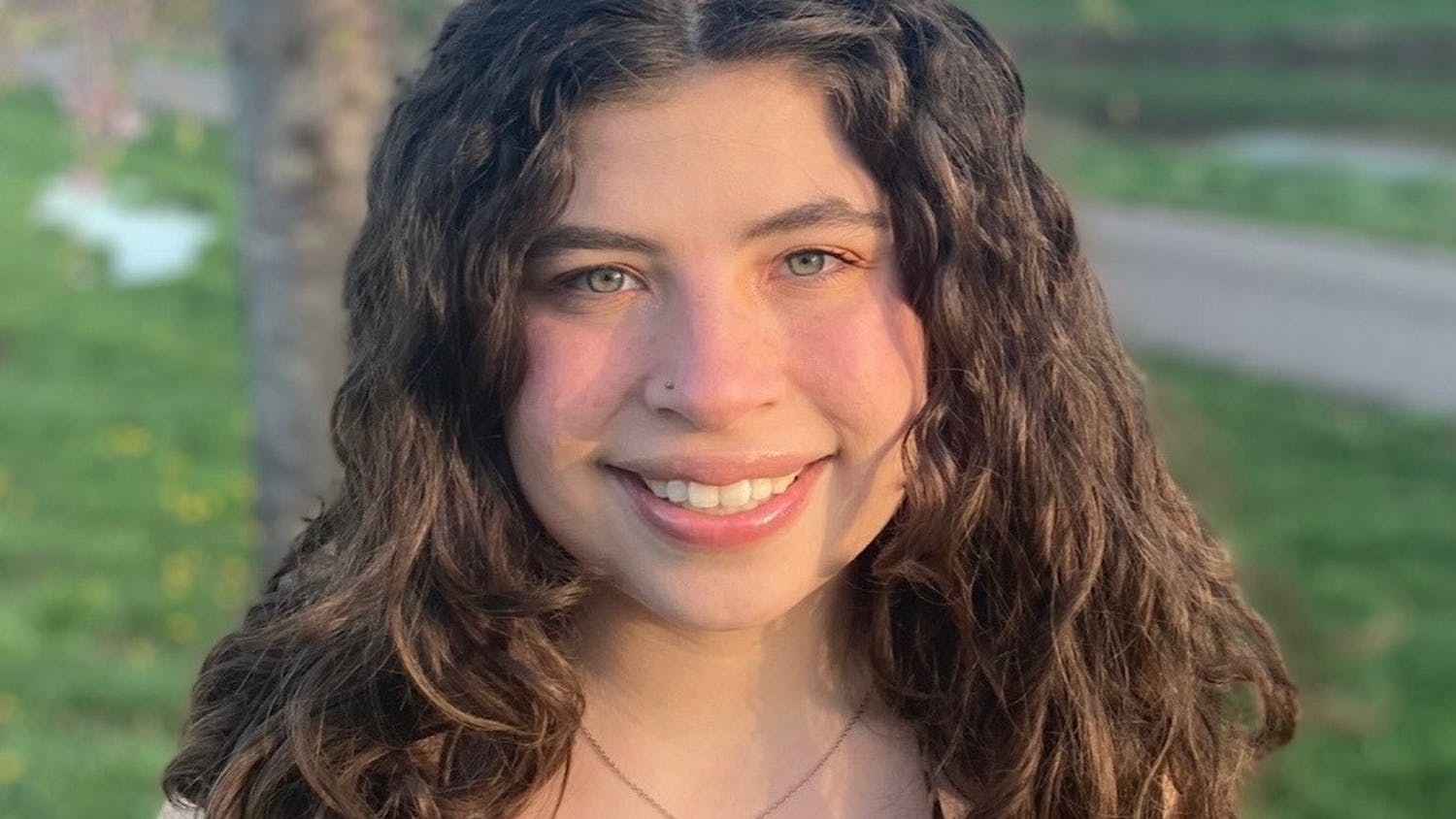Last night, I was scrolling through YikYak mindlessly. My roommate and I were sitting next to each other, and she announced that it was International Holocaust Remembrance Day. She made a post about it on the app, and then we quickly forgot about it. A few moments later, someone commented saying that their relatives had been murdered during the Holocaust. I privately messaged this person, asking them if I maybe knew them. They answered that no, they didn’t think they knew me, as they were not active in the community.
This is not the first time I’ve had this conversation with another Jewish person, nor will it be the last. There seems to be an apprehension of Jews to participate in Jewish events and community organizations. But why is this? And could the answer be due to shame?
It is significant that this conversation happened under a post about International Holocaust Remembrance Day. In World War Ⅱ, antisemitism was put center stage. Although hating Jews was by no means a new concept, the Holocaust is the most egregious contemporary example of it. Some Jews were able to escape the terrible fate of those around them by hiding their Judaism. I believe that, at least in part, the shame that some Jews carry with them is because of the Holocaust. It is part of generational trauma, ashamed of being the other and afraid of persecution.
But generational trauma is not the only piece to blame. The wider Western society has progressively become more secular, with young people being less inclined to identify within a religion. The term “organized religion” has become synonymous with all that is anti-progressive. It seems that the West is pushing the shame of being religious, especially onto the younger generation.
The shame produced by Western society, coupled with the shame brought on by generational trauma, are both strong forces at play. But, as the years between the present and the Holocaust increase, I wonder if there will be a shift for Jewish people in the West. But I can also see the opposite happening. There has been a rise in antisemitism due to public figures’ comments, and this could encourage already unaffiliated Jews to drop the identity completely. I wonder how I would respond if a woman broke into my synagogue. Would I feel scared, and stop going to synagogue completely? Or would the incident embolden me, would it make me more resolute in my Jewish identity?
In the wake of the Holocaust and other large-scale antisemitic events, Jews have always seen a split in the reaction. When Jews were exiled from the kingdoms of Judea and Samaria following the destruction of the Temples, they had to make a choice: assimilate or remain Jewish. In modern times, especially in the USA, the stakes are not as dire. But there is still the same choice to be made. Because of the blend of shame with general religious shame, it is clear that young people are being pressured into a lifestyle which is anti-religious.
The shame can seem implicit, but it is present. In “My Unorthodox Life”, Julia Haart preaches against Jewish tradition - which she calls “fundamentalism” - and promotes an anti-religious lifestyle, which she has introduced her children to. Her autobiography, “Brazen: My Unorthodox Journey from Long Sleeves to Lingerie”, also calls Judaism fundamentalist. This is a woman who has based her whole platform on being a former orthodox Jew, and she is rallying against Judaism. It is influencers like herself who are explicitly adding to the religious and Jewish shame of the Western world.
The shame around being Jewish is one that can only hurt. If you are an unaffiliated Jew and are attacked for being Jewish despite your lack of affiliation, where will you turn to? And, if your life is uninterrupted by such a disturbance, you will still be lacking a community, an identity that can connect you to people and places that will change your life.
Although it can be difficult, it is important to shed the shame and embrace Jewish pride. It betters yourself, and your community.
Hadass Galili is a senior studying political science pre-law at Ohio University. Please note that the views and opinions of the columnist do not reflect those of The Post. Do you agree? Tell Hadass by tweeting her at @HadassGalili.




